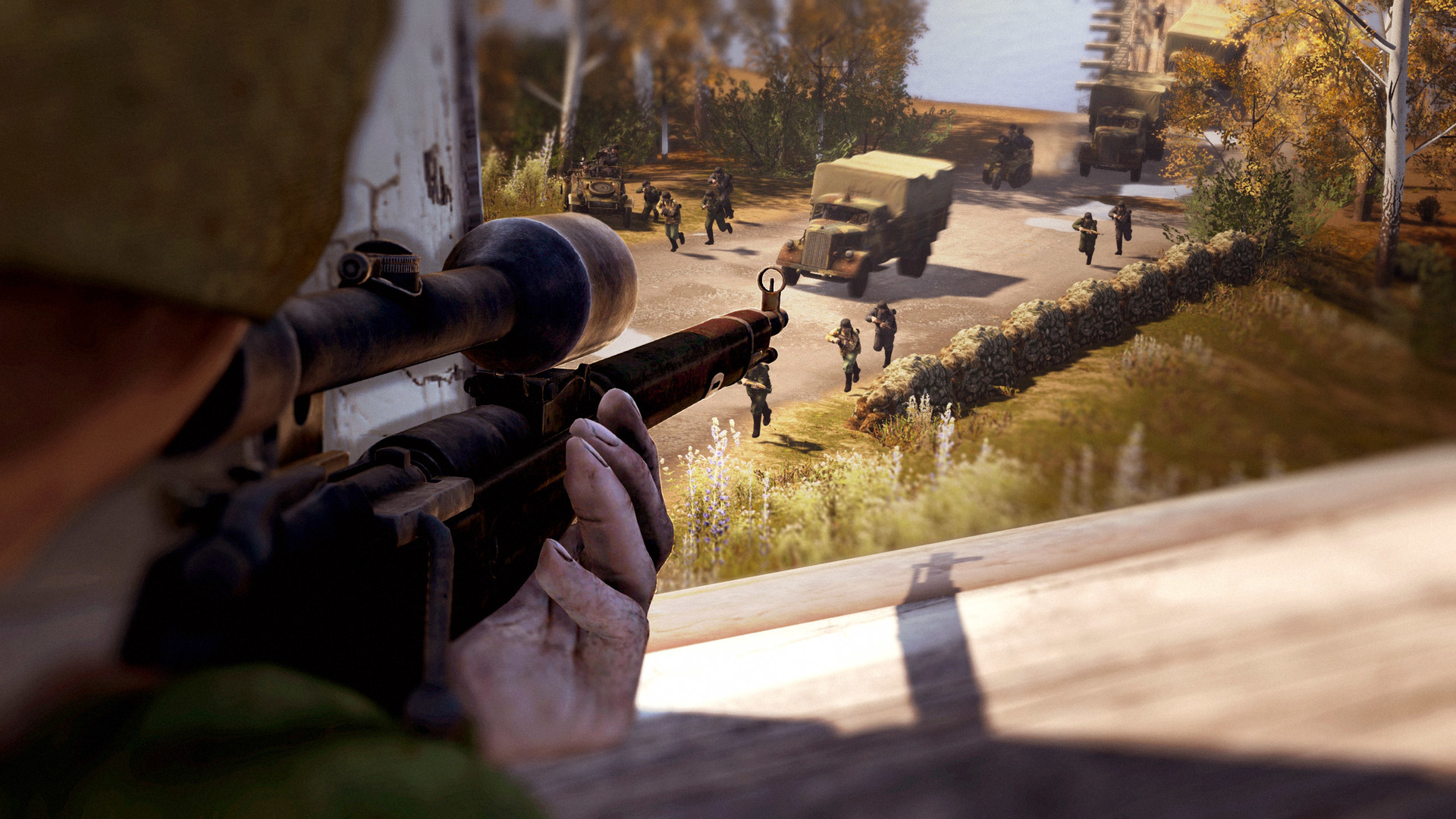


He even writes like Vigny, appreciating similar ironies. Its coarse and sardonic features are imposed upon it partly by boredom, but primarily by its permanently false relationship to the nation and by the artificiality inherent in the exercise of authority.” Vigny, a “peacetime” soldier who never saw a battle, no doubt overdid things by going on to argue that boredom and authority contributed to his concept of the “Abnegation of the Warrior.” Generally, though, he saw armies much as we see them now. “There is something childlike about it because life in a regiment is somewhat like life in a boarding school. In the latrines, graffiti about the presidential candidates were overshadowed by a huge chart of homosexual activities and preferences, industriously filled in by platoons of visitors.Īlfred de Vigny wrote in Servitude et grandeur militaires that the soldier’s character was simple, kindly, and patient. Of the old glamor and opulence of the GI, in European eyes, nothing remained: shabbiness, dirt, and lethargy (cracked roads, stained walls) contrasted with the prosperous market town a few miles away. The other day, I found myself in one of the largest US air bases in southern Germany. In the rainy cabbage-plains of Westphalia, young British soldiers drowse in the same Nazi barracks that their fathers and in some cases their grandfathers drowsed in after 1945.

The heroes are not just tired: they are retired. It is twenty years since Suez, and in that time the British have at last grown out of that extraordinary fatalism which saw “wartime” and “peacetime” as night and day, a natural alternation in which every generation must expect the call to “do its bit.” The very word “peacetime,” with its seasonal implication, has vanished from the language. Most people, however, watched the war on television and are still mystified. Good, but strange in the American case where so many thousands of still young men who fought in Vietnam could provide their own experiences. How could men fight in battles? What sort of human beings are generals, who deliberately bring them about? It is good that so many people in Britain and America do not know the answers to these questions and now-to judge by recent writing on the topic-are fascinated by almost any explanation.


 0 kommentar(er)
0 kommentar(er)
